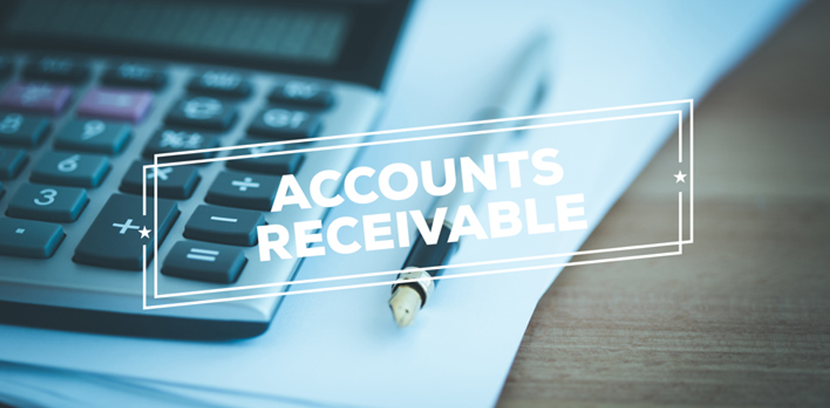As winter melts away, many of us feel inspired to refresh our homes and offices. Spring cleaning doesn't have to stop with the garage. Growing businesses also need to take this time to look at business finances.
Recent Posts
In a Quora thread from last year, an owner of a software business shared the story about a client who stopped paying for their SaaS services. After months of nonpayment and no response to follow-up notices, they closed his account. He later chose to sue the software company for closing his account and they went to court. Because their contract clearly stated that they could close his account due to nonpayment, they won their court case.
Freelancers, software companies and marketing agencies are examples of businesses that may work exclusively with other businesses. Because of the potential for litigation, B2B contracts are not only important, but necessary for protecting the interests of these companies.
Here are 10 things to include in every freelance and B2B contract.
One of the main reasons for hiring a professional to do your taxes is when you have questions or complex tax situations. For small businesses, freelancers or startup companies, there may not be an accounting department to handle things like invoicing or other accounts receivable tasks. When you're a department of one or someone who's only wearing the accounting hat temporarily, you may have some questions such as...
Do you have to pay taxes on accounts receivable?
You've established a great rapport with your client. They love what you have to offer and you feel like they're a great fit for you. Now it's time to discuss how much they're going to pay for it.
😫
Feeling a bit queasy about this part? Most people do. Beyond the understanding that you can ask for what you're worth, this is also the time to make it a natural and expected part of your business relationship. Because it is.
Here's how to talk to your clients about money.
If you are a freelancer or own a small business, it can be tempting to do everything yourself to save money. Tax time can be especially daunting because of changes in tax laws, deductions, sending out tax forms to contractors and more. There are loads of software programs available and a free IRS website for DIY tax prep as well, which may also prompt you to do it on your own.
Are you wondering if you should hire a professional to do your taxes instead? Consider the following:
When you work or partner with other businesses as your customers, it can be especially frustrating when they don't pay their invoices. B2B sales are much more complicated and require building relationships and trust over time. With this in mind, it may be tempting to take late or non-payment personally. Don't fall for it.
Collect unpaid B2B invoices using friendly payment reminder services.
The word “outsourced” sometimes has a negative connotation. Your employees may assume their jobs are at stake if management starts talking about outsourcing. You might be concerned about the lack of control over client relationships or the impact the third-party would have on your business. While it's true there are pros and cons, a true partnership can far outweigh any concerns.
Here are 5 reasons why your company should consider outsourcing your B2B Commercial Collections.
When you're growing a small business, it can be overwhelming to take on tasks that aren't your strengths. After all, you started a business because you were good at something... and likely, that something wasn't invoicing or collecting accounts receivable.
Making sales and making money are obviously necessary to grow your business. Instead of searching all over the internet for advice and sample templates, let us give you a head start.
Click on the links below to download our free resources.
The purpose of your accounts receivable department is to invoice, monitor and collect payments for goods and services sold by your business. Your "accounts receivable" refers to any amounts due from clients or billings from any business transactions. While it seems simple enough, A/R can become quite complex when your clients aren't paying on time, your days sales outstanding (DSO) is too high or your accounts receivable turnover ratio continues to decrease.
When deciding on an A/R collection policy for your business, consider these questions.
Following up with a client who hasn't paid can be a challenge for most people. If you're a freelancer or small business, it can be especially difficult because it's not your regular job. When invoices go unpaid, however, your business or your livelihood could be at stake. Are you following up with your clients on delinquent payments?
Is it time to hire a third party collections agency for your unpaid B2B invoices?














